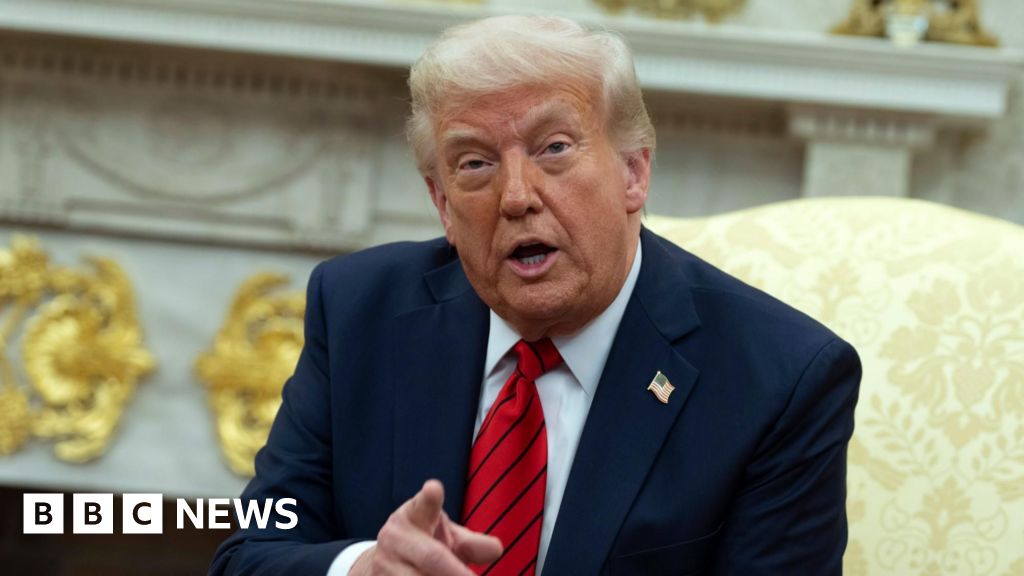Ann Coulter Urges Trump Administration to Defy Supreme Court Order on Venezuelan Deportations

In a striking development within the realm of U.S. immigration policy, conservative commentator Ann Coulter has publicly urged the Trump administration to disregard a recent Supreme Court ruling that temporarily halted the deportation of Venezuelan migrants. Coulter's call to action comes in the wake of a significant Supreme Court decision that reflects ongoing tensions surrounding immigration enforcement and executive authority.
On Saturday, the Supreme Court issued a pivotal ruling pausing the deportations of Venezuelans detained in northern Texas, notably those held at the Bluebonnet Detention Center. The 7-2 ruling temporarily prevents federal immigration authorities from removing these individuals until the Court provides further guidance. Notably, Justice Clarence Thomas and Justice Samuel Alito voiced dissenting opinions on the verdict. This decision was prompted by an emergency appeal filed by the American Civil Liberties Union (ACLU), which argued that immigration officials were on the verge of resuming deportations under the controversial Alien Enemies Act of 1798.
ACLU lawyer Lee Gelernt expressed relief following the ruling, stating, We are deeply relieved that the Court has temporarily blocked the removals. These individuals were in imminent danger of spending the rest of their lives in a brutal Salvadoran prison without ever having had any due process. This statement highlights the critical human rights concerns at play, particularly given the dangerous conditions that await deportees in certain countries.
The historical context of the Alien Enemies Act adds another layer to this situation. This law has been invoked only a handful of times in U.S. history, with the most notable instances occurring during World War II when Japanese-Americans were unjustly interned. In March, President Trump referenced this Act to justify the immediate detention and deportation of Venezuelan migrants suspected of affiliations with Tren de Aragua, a notorious criminal organization. The administration argued that the Act permitted swift removals of individuals identified as gang members, irrespective of their immigration status.
Coulters provocative response to the Supreme Courts decision was swift. She tweeted, Luckily, the Supreme Court wasn't elected president. Keep deporting the infiltrators, POTUS. This statement encapsulates a broader sentiment among some conservative factions who believe in a strong stance on immigration, even when it conflicts with judicial rulings.
Interestingly, the White House has yet to issue any official response to the Supreme Court's order. Observers note that defiance of judicial rulings is not unprecedented for the Trump administration. A previous incident involved the case of Kilmar Abrego Garcia, a Maryland man incorrectly deported, despite a court order mandating his return. The administration's refusal to comply with that ruling sparked significant political backlash, culminating in Marylands Democratic senator traveling to El Salvador to advocate for Garcias return, even as Trump publicly mocked the situation.
This ongoing saga illustrates the fraught intersection of immigration policy and judicial authority in the United States, a landscape fraught with legal complexities, human rights implications, and intense political ramifications. As the situation evolves, it remains to be seen whether the Trump administration will heed the Supreme Court's ruling or continue on its path of defiance, further igniting the already heated national discourse on immigration.



























